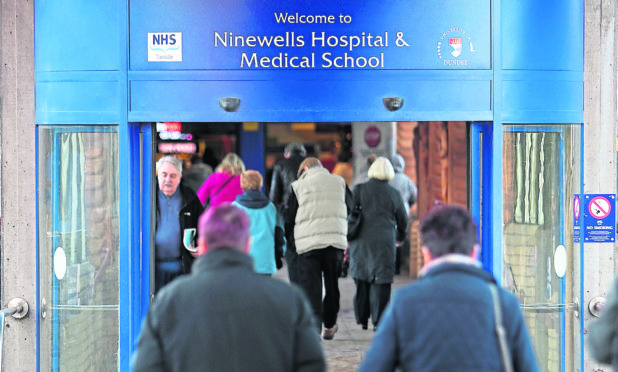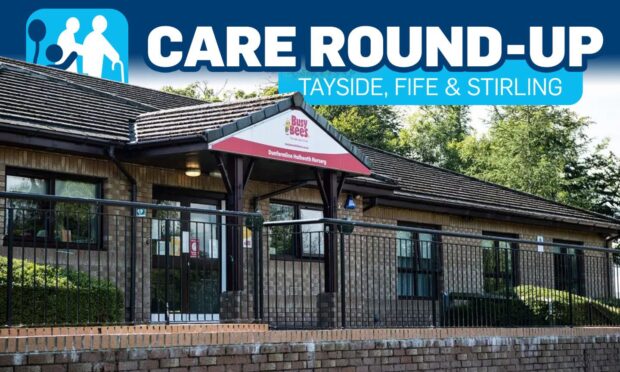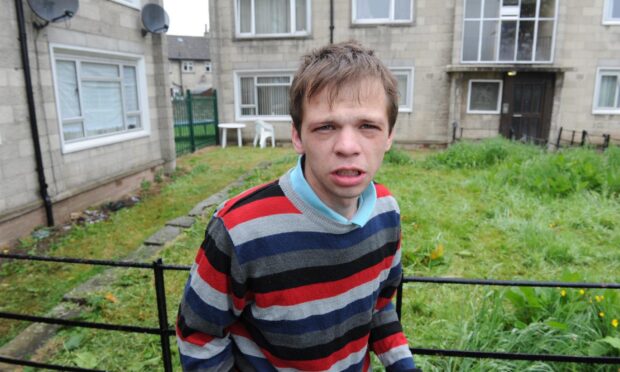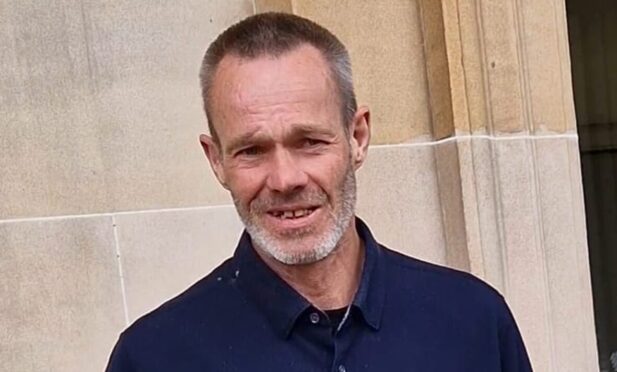The chief executive of NHS Tayside said the health board can become one of the best performing in Scotland.
Grant Archibald, who was appointed chief executive of NHS Tayside in November, said the Transforming Tayside programme is an opportunity to overhaul the way health services in the region are delivered.
His appointment came a month after NHS Tayside’s debt to the Scottish Government was wiped out.
He said the latest programme is necessary due to changes in both medical science and the NHS workforce, as well as the need to balance budgets.
Rather than having management imposing new structures on staff, clinicians are being asked to redesign services so they better serve patients.
He said: “It’s what we call clinically-led and management-enabled. We want the doctors, clinicians and radiographers to be the designers of the service and we, as managers, enable them to do that. The reason for that is architects live in their own house.”
It is also intended Transforming Tayside will take advantage of new technologies and offer more localised services in a bid to reduce the number of visits and time spent in hospitals.
Mr Archibald said: “Health care is dynamic and is changing and the needs of the population change.
“What I want people to understand is we are going to commit a major part of our work to redesigning a service that patients will recognise as accessible and fitting to their purposes and is in the upper echelons of performance across Scotland so we know we are providing the services we all use and that people should expect.
“The key metric is about modernisation and ensuring services are as effective and suited to patients as they can be.
“We want to work with the people of Tayside to see how we can improve health generally and what we can do to deliver that.”
Mr Archibald said Transforming Tayside will also put more emphasis on “anticipatory” health care.
He said: “It’s about becoming more a health service than an ill health service. If we get into anticipatory care we see where people may become unwell so we can prevent that rather than treating them when they are unwell.”
He added: “One can’t do that in minor stages. That needs a redrafting and reconsideration of physical considerations for buildings where we provide care as well as the skill set of the staff and how we use them in an integrated way.
“Our aim is to make sure that everything links together and that anyone that passes through the experience of health care don’t see the joins and just understand they are being looked after.
“It is a challenge but this redesign will give us a platform for a far more congruent service.”
Changes already implemented as part of the redesign programme include in urology where patients can expect to have all necessary tests done in a single day rather than having to attend hospital on multiple occasions for different appointments.










